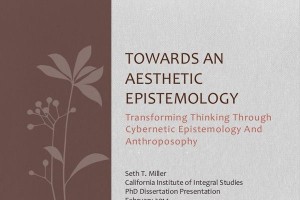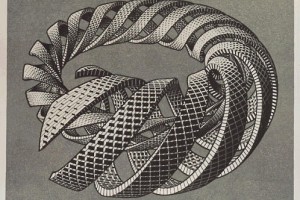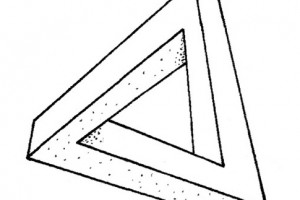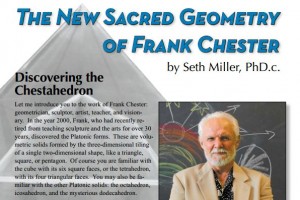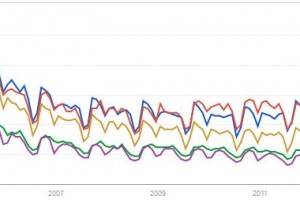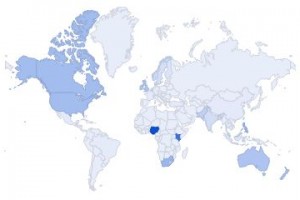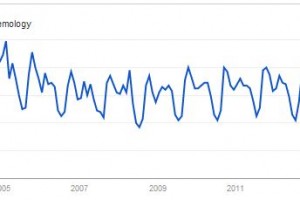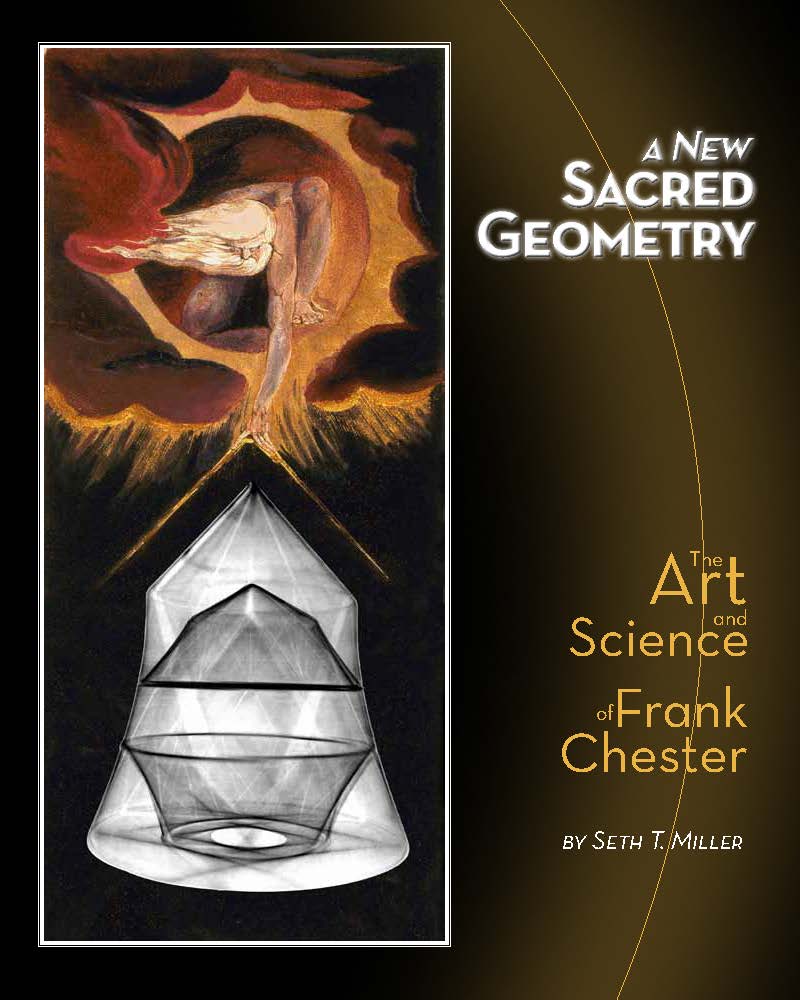Jul
16
2021
Quita Brodhead. Whence and Where To. 2000. Oil on canvas. 36-1/4 x 48 inches.
Courtesy of Hollis Taggart Galleries, New York, and the Estate of Quita Brodhead
I'd like to offer something from the realm of projective geometry, with respect to infinity, that is (believe it or not) very practical. I have found that projective geometry...
Aug
29
2019
and so
right in front of me a salty leaf embraces the lightit and the light are one happeningit and the light and I are one happeningthis one happening is embracing the lightbut so much more as well
the leaf is an idea of the lightor maybe the light is an idea of the leafregardless they are...
Feb
20
2019
Spring, by Liam Brazier
I realize I have been long absent from new postings here. Suffice it to say: life, kids, job, etc. etc. have intervened.
Nevertheless, I thought I should at least post a link to my actual completed dissertation, available for free (they make us writers pay so you don't have to!), at:
https://www.proquest.com/docview/1540842461/8E1516075F984B5EPQ/1
Good...
Feb
13
2014
In February 2014 I successfully defended my PhD dissertation, titled "Toward an Aesthetic Epistemology: Transforming Thinking through Cybernetic Epistemology and Anthroposophy."
The following is the abstract and a slideshow presentation that pulls out the crux of my arguments.
Abstract
The complexity, subtlety, interlinking, and scale of many problems faced individually and collectively in today’s rapidly changing world...
Aug
06
2013
Let’s get right to it, shall we?
With respect to ontology, let us say that there is no “it,” no independent reality that is exclusive of the observer. This is a basic insight from second-order cybernetics: the observer must always be included in the observed. Despite this, of course, we do have much talk and...
Jul
13
2013
This article was recently written for the Science to Sage International eMagazine. It introduces the work of Frank Chester, artist, sculptor, and geometrician, and explores how the special seven-sided volume with faces of equal area -- the Chestahedron -- relates to the traditional Platonic Solids.
Download a high quality PDF here: The New Sacred Geometry...
Dec
07
2012
Okay, I had to post this, as I found it to be ... weirdly fascinating. Google has a tool that allows you to search for terms and see how they have trended over time based on global search volume. The service is called Google Trends, check it out.
Here is the result for the term...
Jun
24
2012
Gregory Bateson (1991) famously said that we “cannot claim to have no epistemology. Those who so claim have nothing but a bad epistemology” (p. 178). Bateson is calling for self-reflection in our epistemology. He wants it to be recursive, so that in our production of knowledge we do not delude ourselves into thinking that...





